As summer marches on, spider webs appear inside and out. If you look closely, some of these webs will contain egg sacs full of a load of spider eggs waiting to come out. What happens when spider eggs hatch?
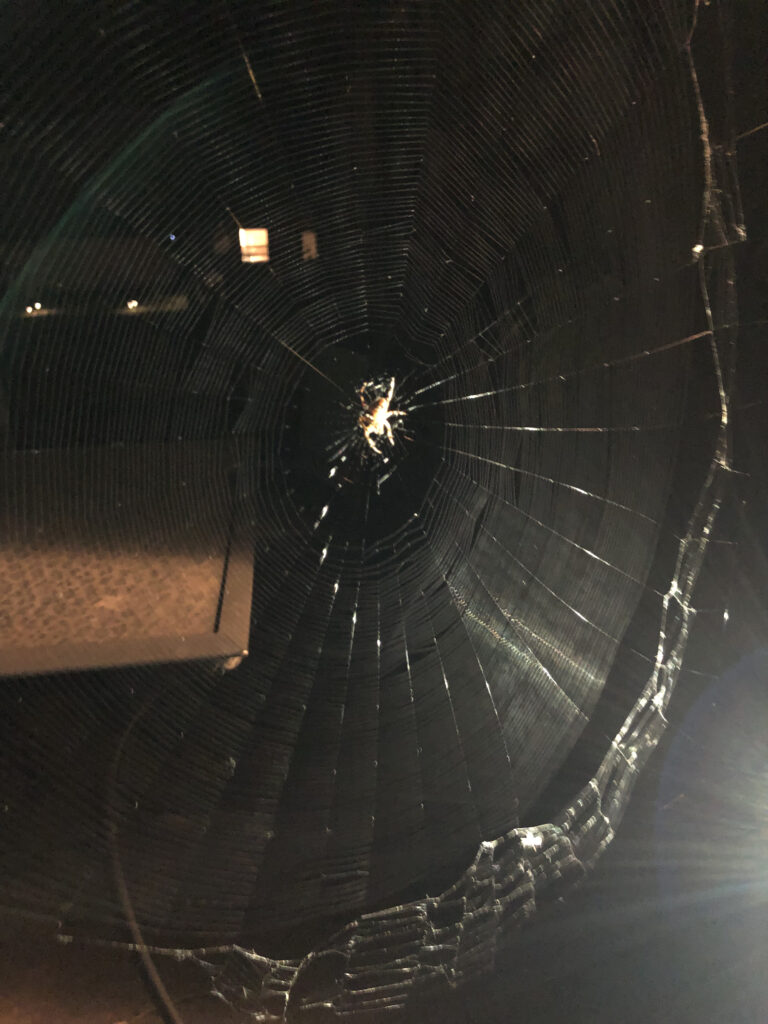
Piggy Back Ride
Not all spiders hunt the same and not all spider hatchlings behave the same. When wolf spider eggs hatch, the spiderlings will ride around on the mother’s abdomen. While this is a precious motherly instinct to observe in the wild for an entomologist, most people just see it as what nightmares are made of.
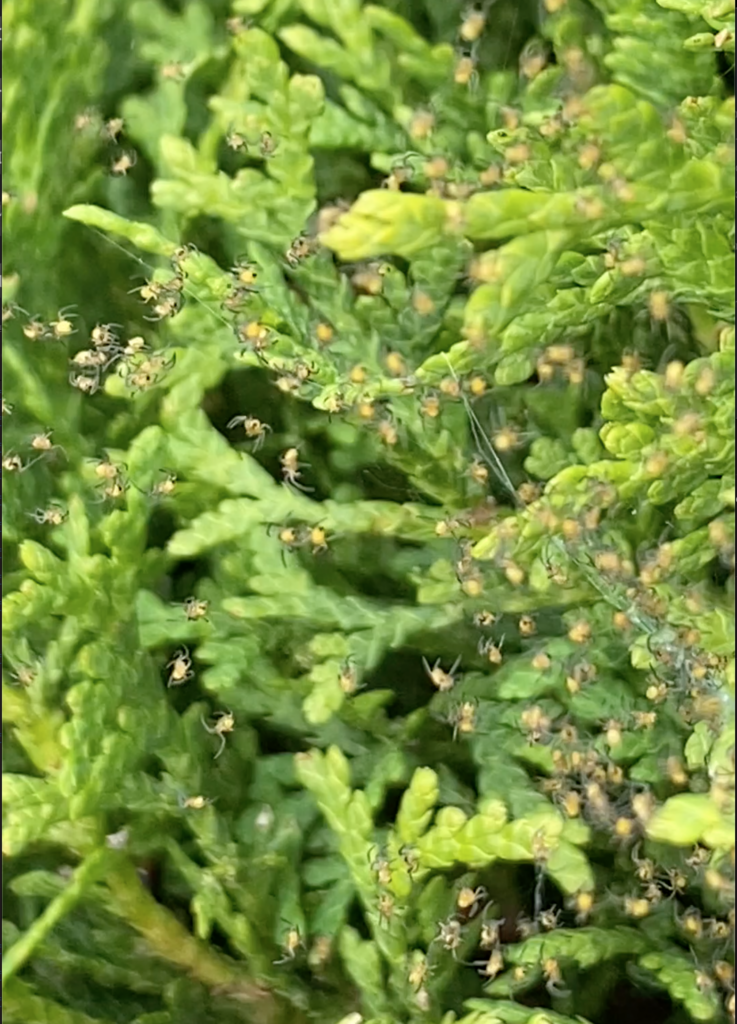
Ballooning
When web spinning spider eggs hatch, the spiderlings will use a process called ballooning to find their new home. Ballooning consists of the baby spiders spinning small shoots of silk that stay attached to them that will catch the breeze. These tiny silk balloons act like a parachute and will carry the spider on a breeze to a location it can make home.
Spreading Out
Whatever the spider’s hunting style ,the goal of the baby spiders that have hatched is to get some space. Spiders feed on other arthropods such as insects and arachnids. If there are hundreds of them bunched together for too long, they will have a hard time getting enough to eat.
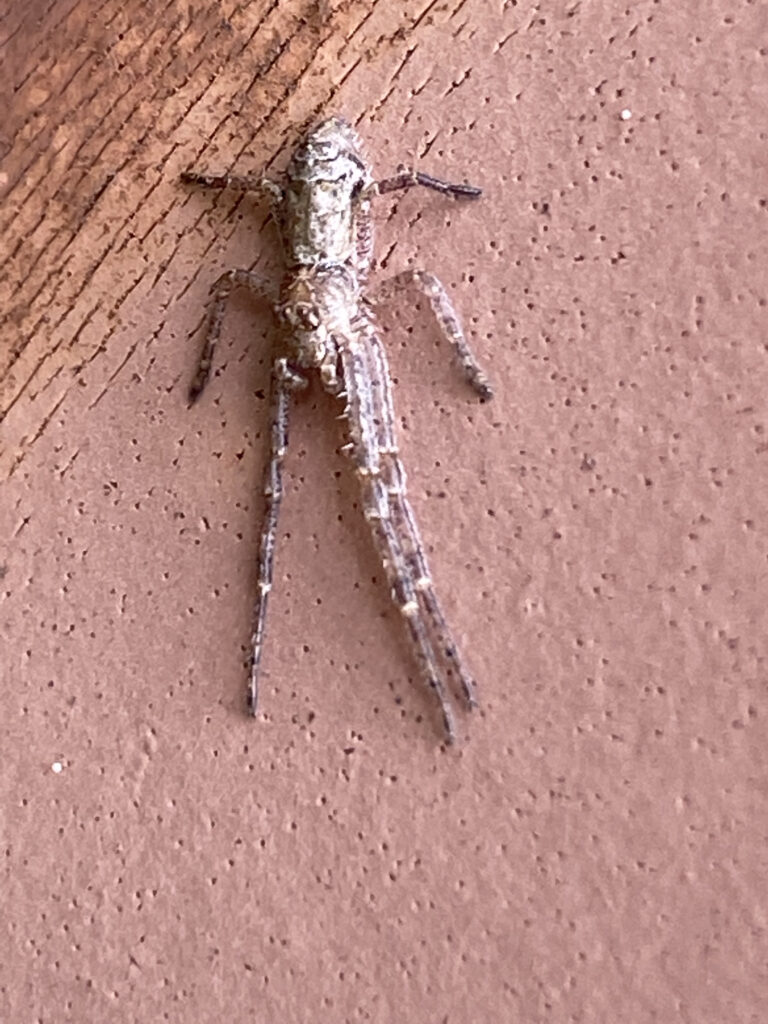
Feeding
When baby spiders hatch, they need nutrition to sustain them and help them grow. The food that they will seek is going to be about their size or smaller. Spiders are liquid feeders. They inject venom into their prey that liquifies the innards so they can be slurped out.
Molting
As newly hatched spiders get food and set up their home base, they will molt. Molting is the process of shedding the exoskeleton to allow for body enlargement. The number of molts will vary from spider to spider. Younger spiders may molt monthly while adult spiders may only molt 1 or two times per year. A brown recluse spider may molt 5-8 times before reaching adulthood.
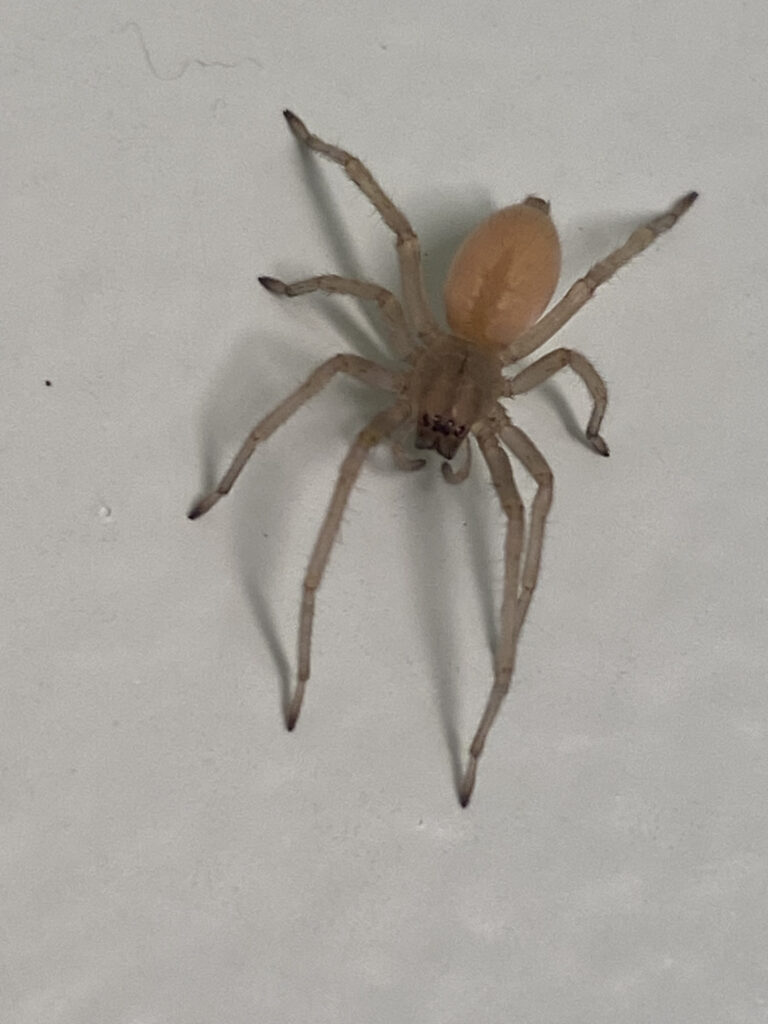
Controlling Spiders
You may not be able to control which way the wind blows, but you can have a defense system in place for spider control including:
- Keeping their food source minimized so they will move on
- blocking cracks and crevices that will allow them to enter
- having a professional company perform regular inspections to adjust for conducive conditions as needed
- keeping moisture levels in check
- managing light
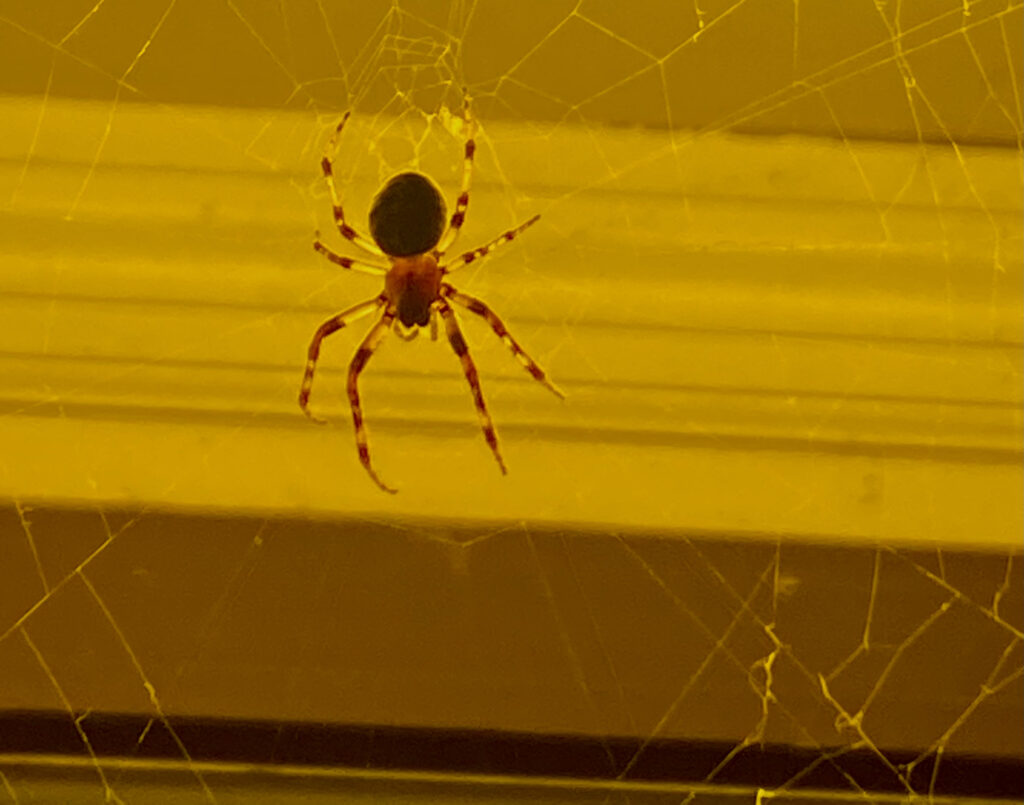
Spiders have a place in nature, but not in your home or business. Keep spider concerns off of your mind and out of your way with Rove Pest Control’s spider protection plan.
